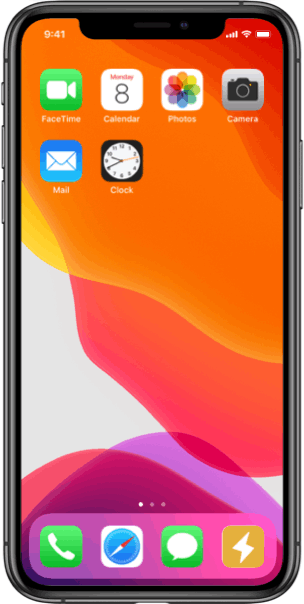Meet Invincible

One of my many jobs as founder at Invincible is taking care of myself. I have type 1 diabetes, which means I manage my blood sugar levels with a mix of insulin shots, carb-counting, problem-solving, diet, and exercise. Some days it feels like a full-time job, though most days I’m just doing my best to strike the right balance between life and diabetes.
My approach is far from perfect; nevertheless, it gets the job done. But I’m also an adult. I can (mostly! 😅) take care of myself. But what happens if you’re a kid living with a health issue like type 1 diabetes, asthma, epilepsy, severe allergies, or autism?
I started Invincible to help kids get the support they need to live great lives. I believe it starts with the people kids depend on every day — parents, of course, and also friends, family, teachers, babysitters, and coaches. But I had to find out for sure, so I spent the past year learning from families and school health staff. What startled me the most was that every family we met shared a common theme! This theme determines the child and family’s overall level of support, health, and happiness. That theme is what I’d like to call “The Care Team.”
Building the Care Team
It’s not easy for families to build a care team and to communicate their care process across team members. Families can spend hours explaining the care their child needs and communicating these needs to their team. And kids need all of the adults — teachers, coaches, friends, and grandparents — connected to have effective care. Building and developing a care team is one of the family’s most effective tools toward getting great care.

One of the most powerful ways for families to build their care team is to guide team members in a way that connects the dots and describes the entire care journey. A successful way to achieve this is by enhancing communication.
Communication allows the team to have a direct line to the experts, understand what care is needed, and deliver the best care from start to end.
Shouldn’t communication then be the go-to-method for managing child health? Why isn’t this simple method more pervasive in managing chronic health with kids?
Communication is a pain
The more you investigate the question, the more you end up with the same logical conclusion. Communication is a pain. No tool has been designed explicitly for this task. To communicate care activities with other team members involves a patchwork of communication tools (like phone calls, emails, and text messages), medical devices (like insulin pumps and continuous glucose monitors), pen and paper, and a lot of hope.

At school, for example, families have to request copies of paper medication logs 😤 just to understand what care was delivered. In the best circumstances, school nurses go above and beyond and exchange phone numbers with parents so they can text throughout the day. In both cases, the result is a time-consuming process that leaves parents worried, kids wishing they had more time with their friends, and care team members confused and overwhelmed.
The entire communication process is fragmented, taking too long as it involved many disconnected tools and a lot of manual work. A process that becomes even more exhausting for families when they want a seamless transition between home life and non-home life. This frustration often pushes families to over-communicate and hover over their child’s care (at the risk of everyone’s burnout) or under-communicate (and risk bad health outcomes for their child).
Finding the sweet spot: A new communication tool to empower teams
We started our journey, researched families across multiple states, and interviewed over 100 families, kids, school health staff, and individuals. The pain points we discovered were staggering! Here are a few:
- Trusting other people with my child’s care is really hard
- Thinking that something bad will happen while they’re away is on my mind 24x7
- Piecing together what happened during the day is a constant struggle
- Planning care takes time away from me just spending time with my child
We set out to reinvent how user care teams should be done, the right way. We started with 6 months of early user-testing with 6 families across 3 schools to communicate daily diabetes care, and now we’re ready to take our learnings direct to families.
Meet Invincible — Pain no more
We deliver a mobile app that helps families build Invincible care teams. Our app allows families to connect their care teams in one place to allow health teams to collaborate about care. Invincible gives the flexibility to teams to organize their care like a maestro, by navigating between care documentation and chat and getting details where needed. Invincible helps families get the best care for their kids and keeps the whole care team engaged so they can best support kids.

At its core, Invincible focuses on 3 things: creating a secure record of care, improving communication, and enabling data-based decision-making.
- Record of Care: As care is provided, Invincible creates a record of each care event — like when a school nurse gives insulin at school.
- Communication: Once care is provided, we automatically let families know what’s happening. When there are questions or follow-up, our HIPAA-compliant platform makes it easy and secure to communicate.
- Decision-Making: Over time, the data collected is given to healthcare providers to enable them make better care decisions.
Sign up for early beta
We’re releasing Invincible as an Early Beta in a few weeks before we release it to the public and we’re looking for a few families to try it out and give us feedback so we can bring this to the world. Sign up for our Early Beta, and you will get access before we release to the public.
Cheers!
Bob Weishar
